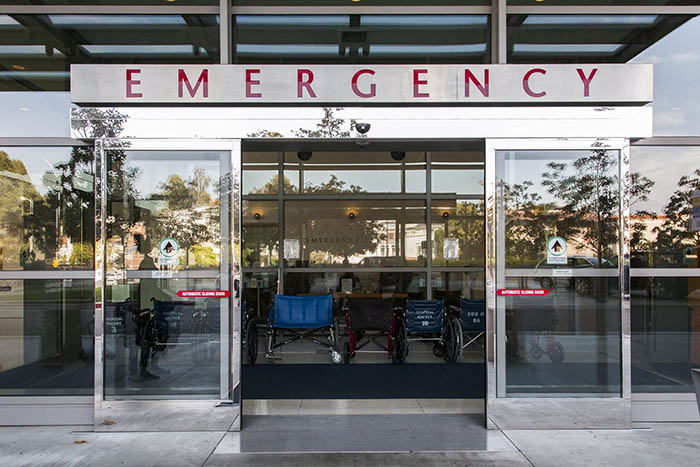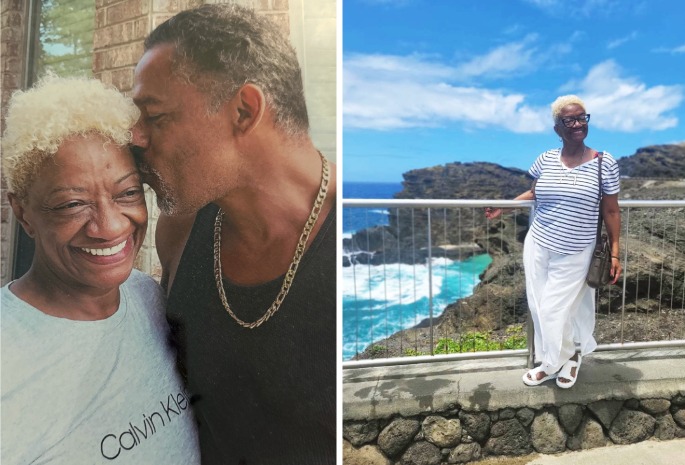 Congenital heart defects (CHD) are the most common type of birth defect, affecting approximately 8 per 1000 births in the US. The severity of these defects ranges from mild defects that don’t require surgery to critical heart defects that require surgery within the first year of a newborn to survive.
Congenital heart defects (CHD) are the most common type of birth defect, affecting approximately 8 per 1000 births in the US. The severity of these defects ranges from mild defects that don’t require surgery to critical heart defects that require surgery within the first year of a newborn to survive.
Advances in medical and surgical care have significantly improved survival for all CHD, even the most complex, severe defects. As a result of these advances, the majority of children born with a heart defect now survive to adulthood. The number of adults with congenital heart defects exceeds the number of children with CHD.
Despite these childhood successes, many adults with congenital heart disease face late complications, hospitalizations, need for medications, future surgeries, and may die at a younger age than their counterparts without a heart defect. The surgeries that permitted childhood survival often are a repair, rather than a “cure.” For this reason, those born with congenital heart defects require ongoing regular specialty care across the lifespan.
Unfortunately, some patients and their providers have the perception that the heart defect has been “cured.” The gaps in care resulting from this misperception can be harmful. Guidelines recommend that all adults with congenital heart defects stay in regular cardiology care, and those with moderate to complex (more severe defects) should receive care in an Adult Congenital Heart Center.
A recent publication showed that adults with congenital heart defects who receive care in an ACHD specialty center do better than those who receive non-specialty care, or receive no care at all. Those with more severe defects have the most to gain from specialty care. Unfortunately, less than a third of the patients who need this life-saving specialty care actually receive care from an ACHD Center.




